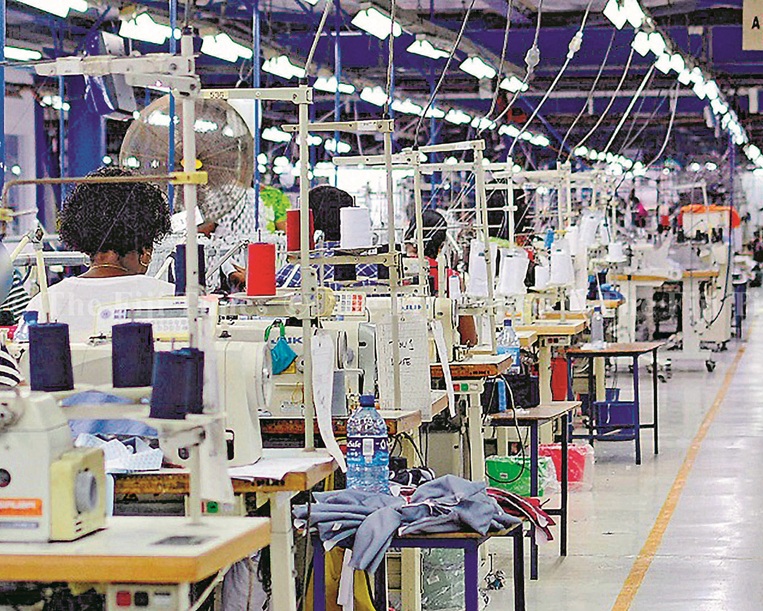Garment industry manufacturers could close operations entirely when the national minimum wage comes into effect after April 1.
Textile Clothing and Footwear Council president Inbamalar Wanarajan shared this concern after garment factories in Ba and Nadi shut down in December last year.
“Raising the National Minimum Wage on April 1 can have significant implications for the industry,” Ms Wanarajan said.
“Many factories may respond by downsizing operations or even closing altogether in response to the increased labour costs.
“As a result, they may cut jobs or reduce the hours of their workers to manage the rising labour costs, leading to higher unemployment rates.”
Ms Wanarajan said smaller businesses with tighter profit margins could face significant challenges in meeting higher wage demands.
She said the reduction in the garment sector workforce from 7000 to fewer than 4000 workers was also a matter of concern.
“The closure of factories like Nagsun Apparel’s Ba factory, Vonu Apparel’s Nadi operations and the anticipated closure of Mike’s life-jacket manufacturing facility, are direct results of the sector’s struggles.”
Ms Wanarajan said the garment industry was heavily dependent on customers response to prices.
“In the garment industry, where price is a major factor for customers, being able to raise prices without losing business is a delicate balance.
“When competitors from countries like Bangladesh, China, or Vietnam offer similar products at lower prices due to cheaper labour costs, it becomes even harder for exporters to remain competitive.”



